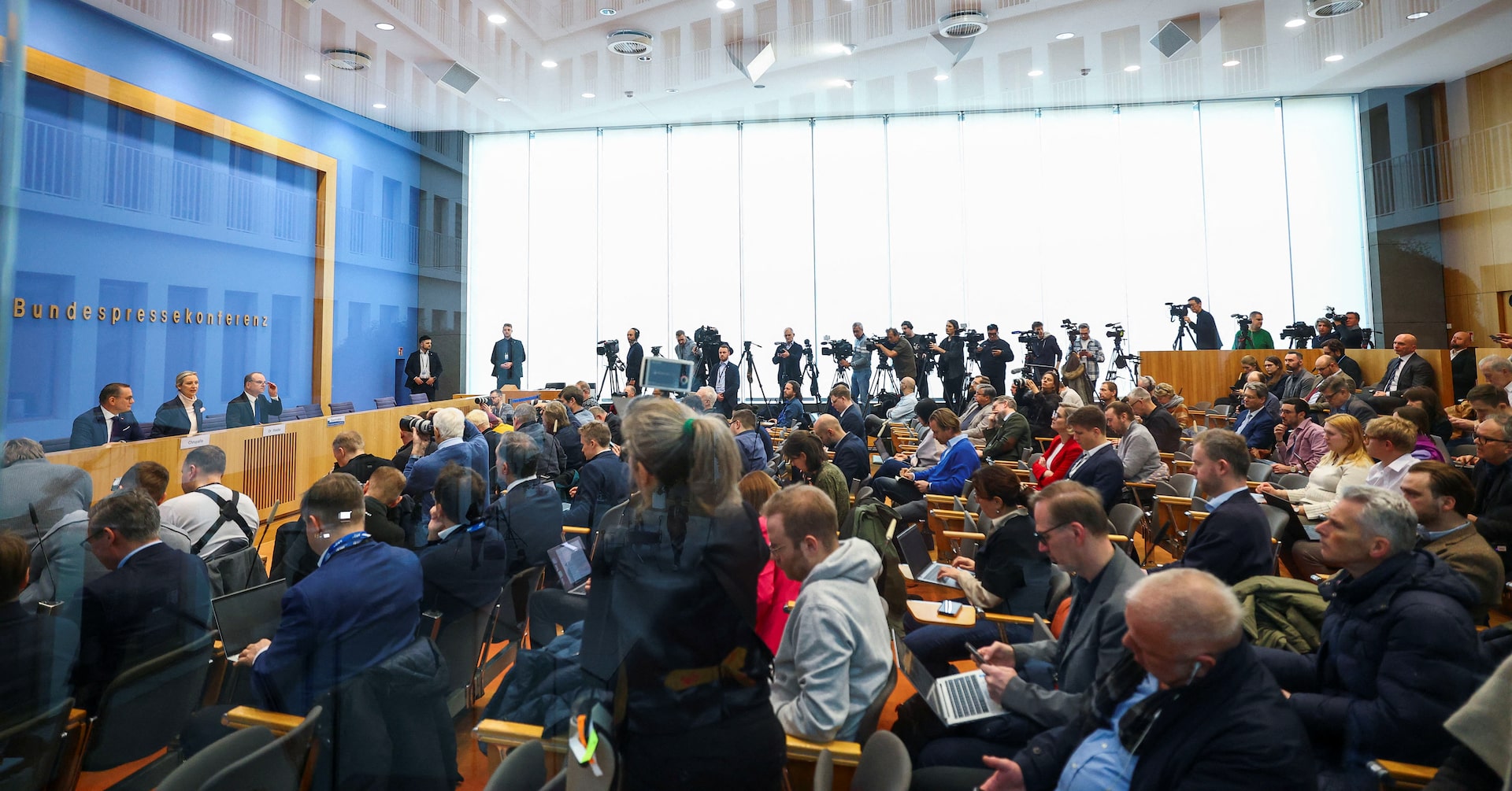German Business Elite Weigh In: Election Shockwaves and Economic Implications

In a pivotal moment for German politics, the conservative CDU/CSU alliance emerged victorious in Sunday's national election, signaling a potential shift in the country's leadership. The election results have sparked optimism among market analysts, who see the possibility of a more stable government formation between the CDU/CSU and the Social Democrats (SPD).
This outcome provides a welcome alternative to the complex three-way coalition that many had feared would gridlock Germany's political landscape. The potential partnership between the conservatives and Social Democrats offers a promising path forward for Europe's largest economy, suggesting a more streamlined and decisive approach to governance.
The election results reflect the electorate's desire for pragmatic leadership and political cooperation. By creating the opportunity for a more direct two-party alliance, German voters have potentially paved the way for more efficient decision-making and policy implementation.
As negotiations begin, political observers are watching closely to see how this potential collaboration might shape Germany's economic and political strategy in the coming years. The prospect of a more focused government brings renewed hope for stability and progress in one of Europe's most influential nations.
